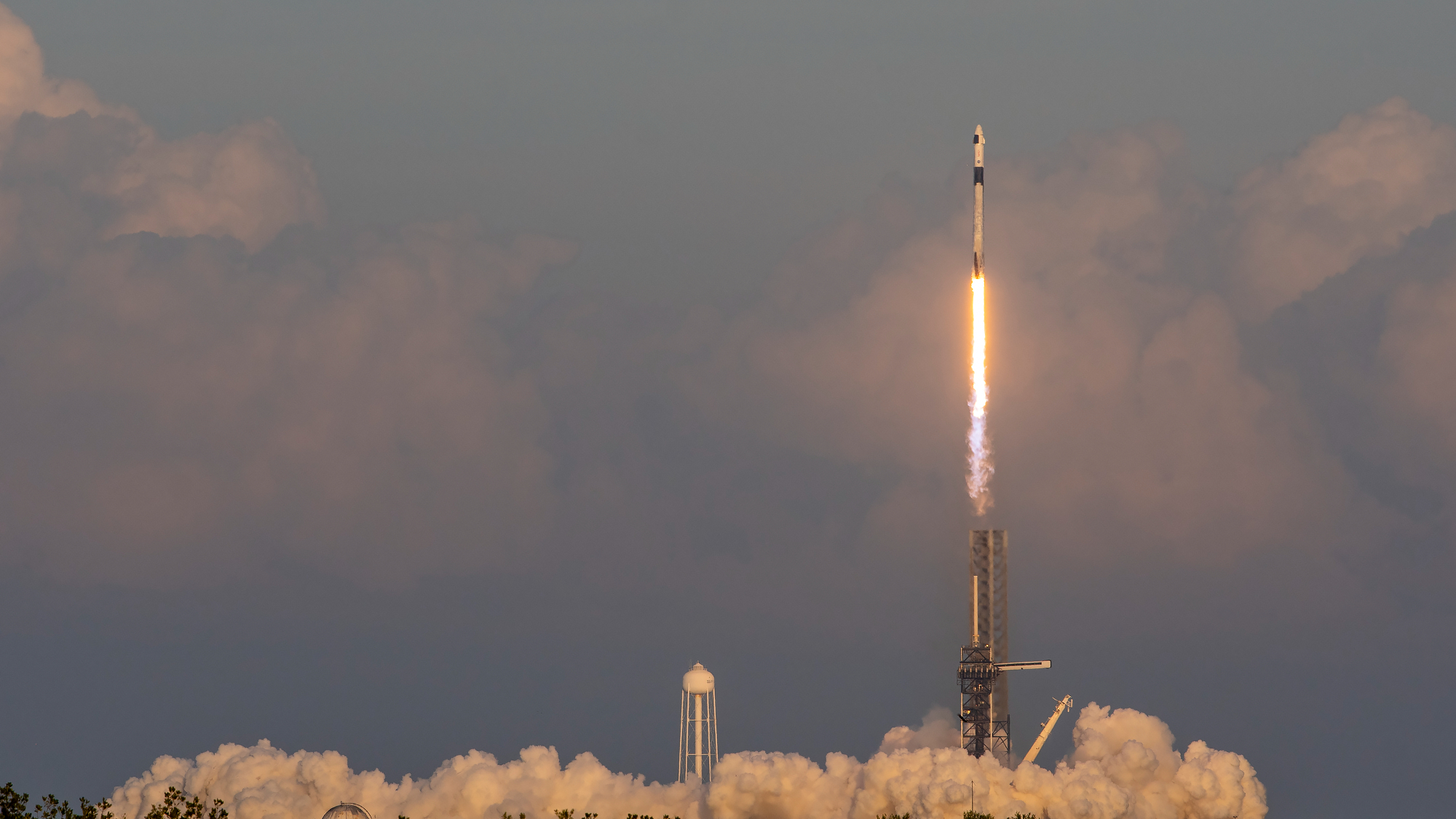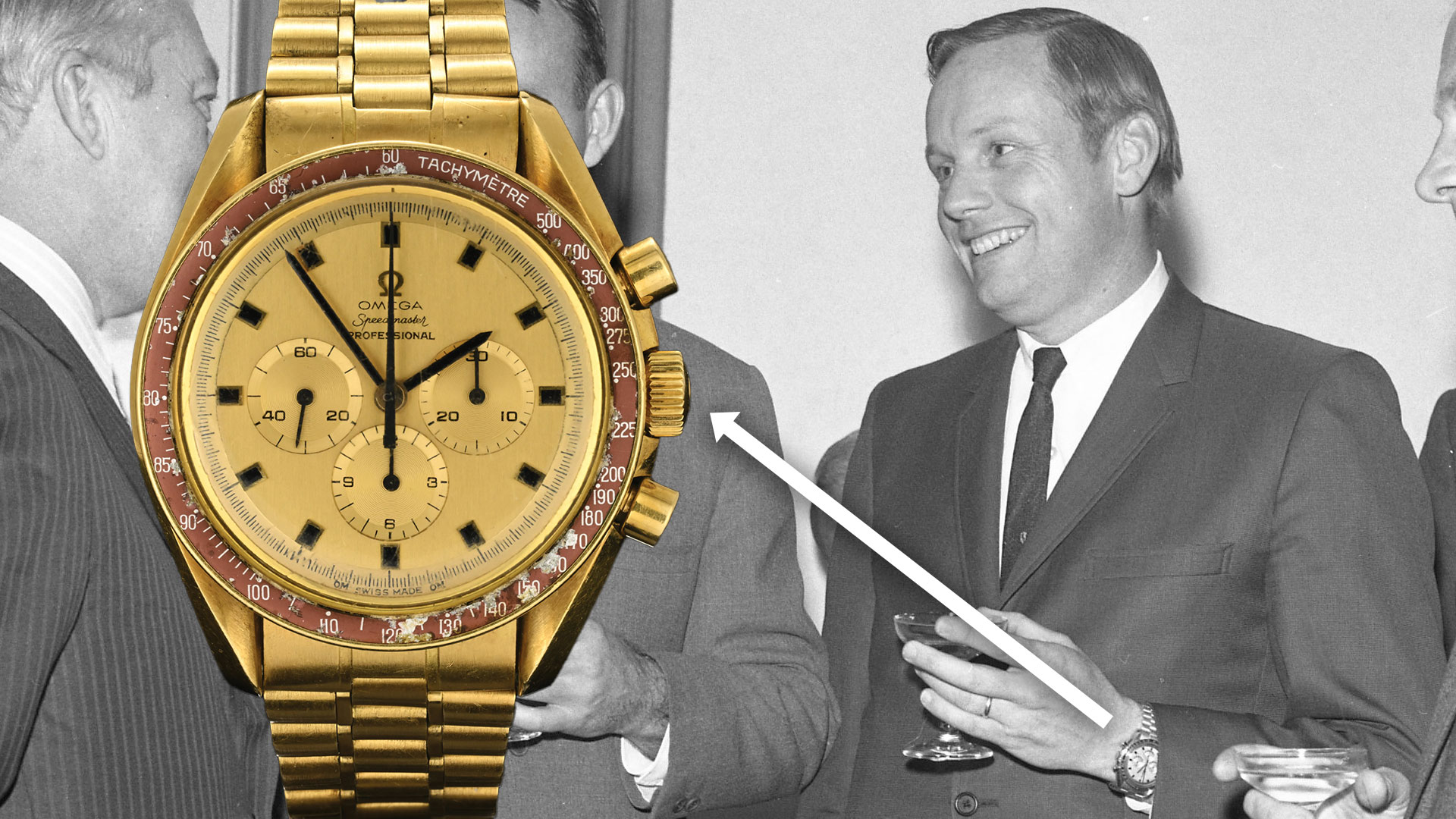NASA astronauts practice 'moonwalking' in the Arizona desert (photos)
And we're not talking about Michael Jackson style.
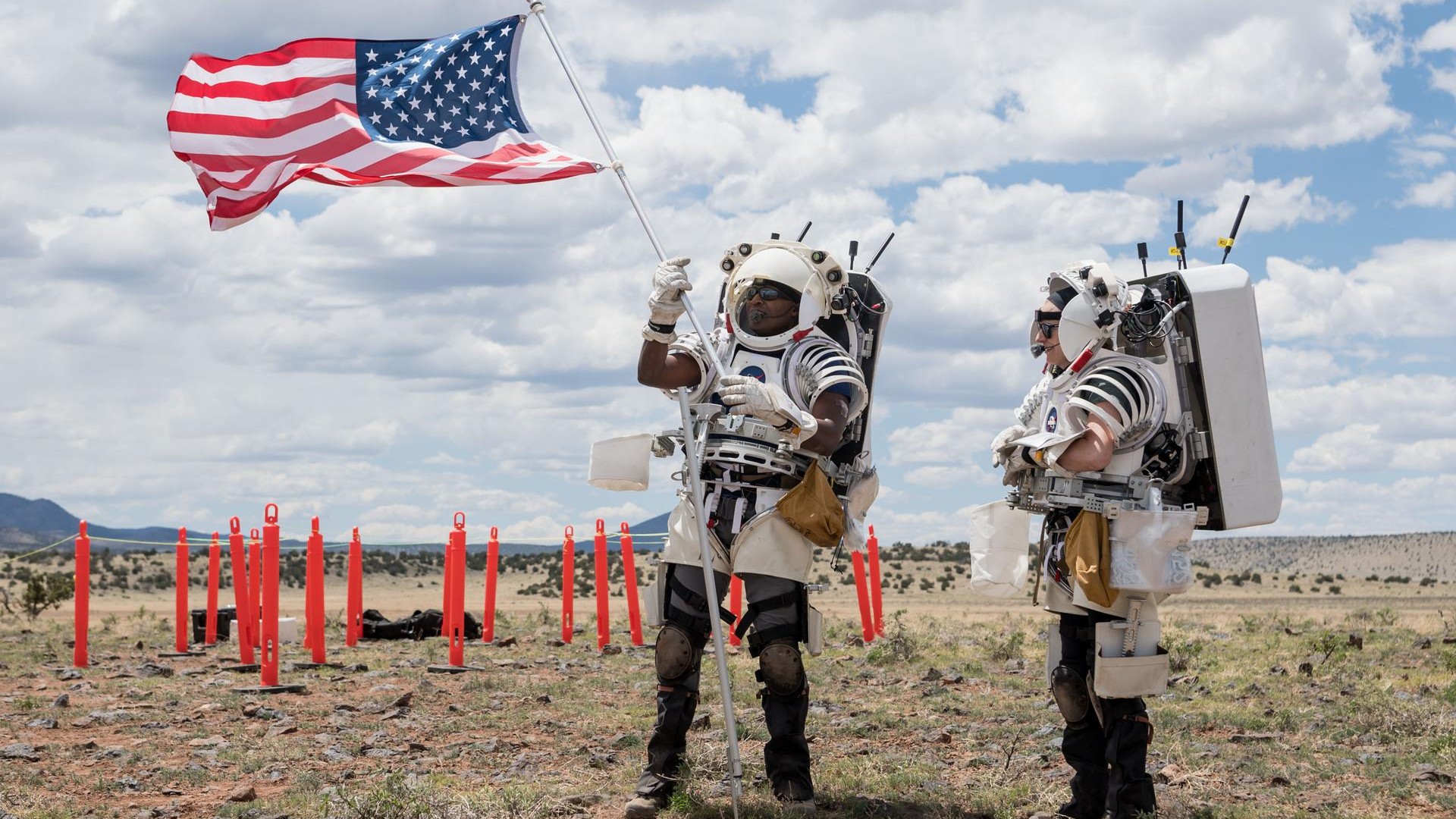
Moonwalking in the Arizona desert?
No, it's not a remake of Michael Jackson's signature move; it's a training exercise for NASA astronauts that will be part of the future Artemis Program of missions to the lunar surface.
The week-long expedition across the San Francisco Volcanic Field near Flagstaff, AZ, will give NASA astronauts Kate Rubins and Andre Douglas the opportunity to enact moonwalk scenarios in replica spacesuits on a landscape that's similar to the moon.
Throughout the training, the team will rehearse lunar operations from start to finish and will be supported by NASA engineers and field experts on the ground and virtually with a team of flight controllers and scientists at NASA's Johnson Space Center in Houston.
Related: NASA astronaut walks on the 'moon' to get ready for Artemis landings (photos)
"Field tests play a critical role in helping us test all of the systems, hardware, and technology we'll need to conduct successful lunar operations during Artemis missions," Barbara Janoiko, director for the field test at Johnson, said in a release. "Our engineering and science teams have worked together seamlessly to ensure we are prepared every step of the way for when astronauts step foot on the moon again."
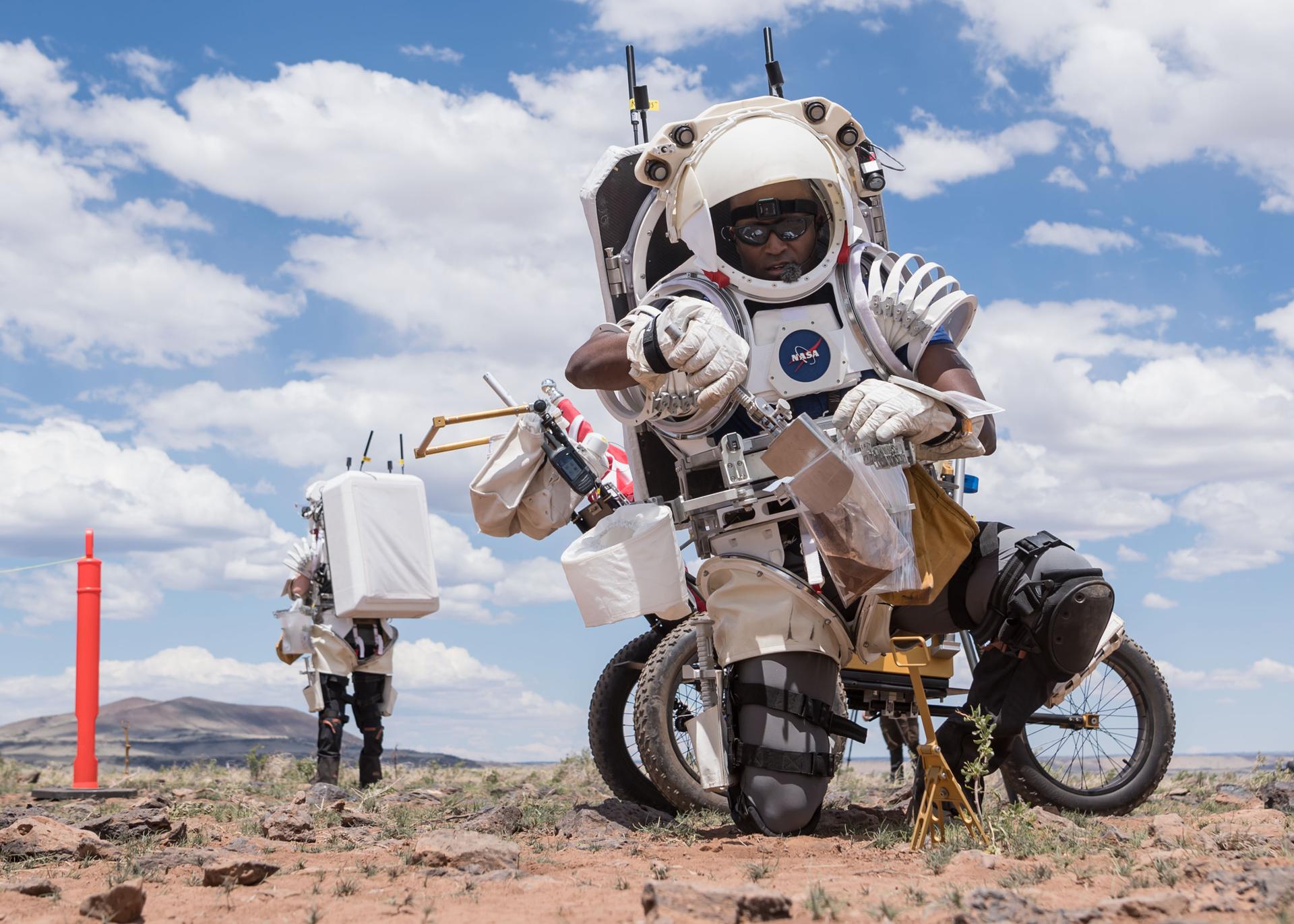
During the week, there will be four simulated moonwalks and six advanced technology runs that will follow the same protocol for operations on Artemis 3 and beyond.
Get the Space.com Newsletter
Breaking space news, the latest updates on rocket launches, skywatching events and more!
The technology used in the demonstrations also could be included in future Artemis program missions, including a display and navigation data stream through either augmented reality (AR) or lighting beacons that could help the crew find their way back to the lander.
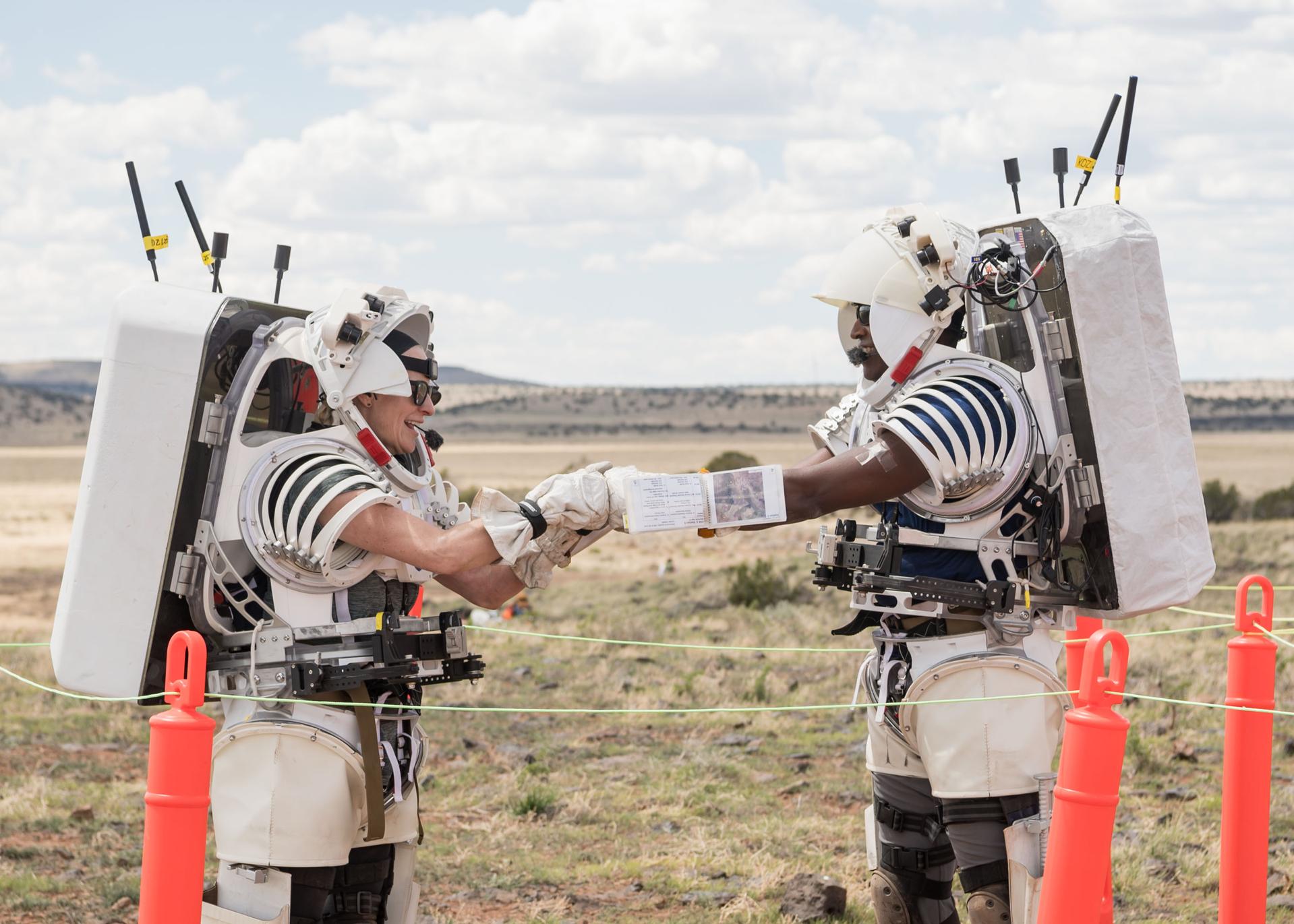
"During Artemis 3, the astronauts will be our science operators on the lunar surface with an entire science team supporting them from here on Earth," Cherie Achilles, science officer for the test at NASA's Goddard Space Flight Center in Greenbelt, Maryland, said in the same release. "This simulation gives us an opportunity to practice conducting geology from afar in real time."
One of the goals of this training will be to locate any gaps or challenges that could arise with operations to the lunar south pole in the way data is collected and how the team communicates with the science and flight control teams back in Houston.
After each simulated moonwalk is complete, all the teams will get together and discuss how it went and what could be learned from that specific exercise. Anything learned from this field test will be incorporated into planning for future Artemis missions including technology and commercial vendor development.
This is field test number five that's performed by NASA Johnson's Joint Extravehicular Activity and Human Surface Mobility Test Team. Previous training as far back as the Apollo program has taken place in the Arizona desert due to it being a spot that's comparable with the moon's terrain featuring volcanic traits, craters and faults to navigate through.
Join our Space Forums to keep talking space on the latest missions, night sky and more! And if you have a news tip, correction or comment, let us know at: community@space.com.
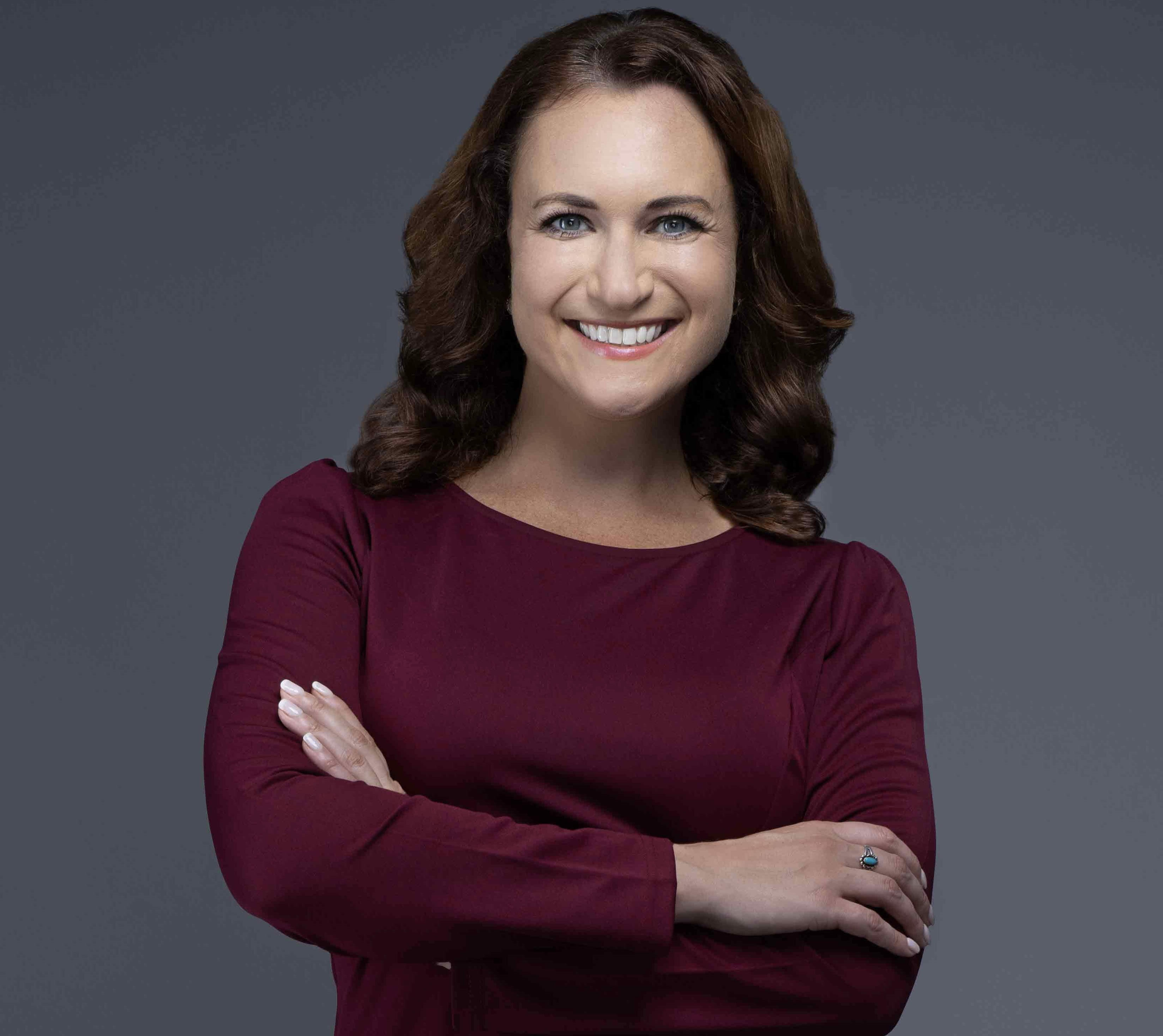
Meredith is a regional Murrow award-winning Certified Broadcast Meteorologist and science/space correspondent. She most recently was a Freelance Meteorologist for NY 1 in New York City & the 19 First Alert Weather Team in Cleveland. A self-described "Rocket Girl," Meredith's personal and professional work has drawn recognition over the last decade, including the inaugural Valparaiso University Alumni Association First Decade Achievement Award, two special reports in News 12's Climate Special "Saving Our Shores" that won a Regional Edward R. Murrow Award, multiple Fair Media Council Folio & Press Club of Long Island awards for meteorology & reporting, and a Long Island Business News & NYC TV Week "40 Under 40" Award.
